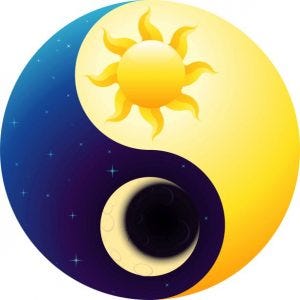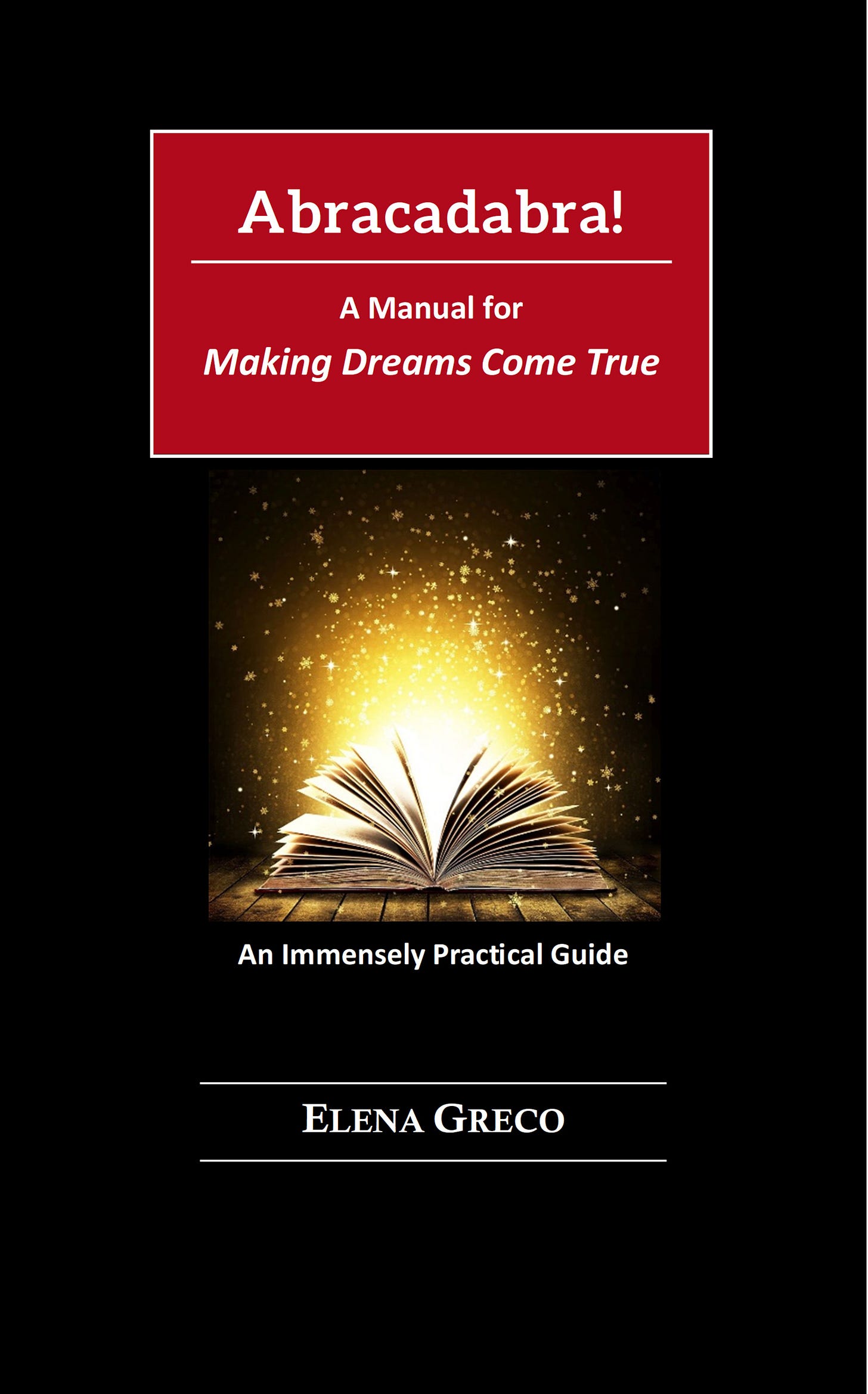Life in Balance: 4. Your Healthcare Paradigm
A series exploring health: What it really is, how to get it and how to maintain it
Typical reading time: 3 minutes
Read this series from the beginning: Life in Balance: Part 1. What Is Health?
In the last segments of this series, I asked you to think about what health meant to you. Then we looked at health paradigms and how each addresses health and healthcare.
Now I’d like you to think about your chosen view of healthcare. Is it allopathic or holistic? Were you born into your beliefs, did you imbibe your beliefs from those around you or through the media, or did your beliefs evolve over time through your careful examination, study and critical thinking?
I’m going to describe a holographic way of viewing your health that will have a significant effect on your ability to keep yourself healthy and vital, and to stave off illness and aging, a simple method that anyone can follow to keep themselves healthy.
But before we delve into that method, I recommend that you take a look at your current perspective around health and healthcare to see where it came from and if you’re truly satisfied with it.
The first thing you might consider is what health paradigm you were born into. Just as some of us are born into a particular religion, we are born into a certain health paradigm that is prevalent or accepted in our particular culture or country.
When we’re born into a paradigm, we are taught to accept it before our brain has matured enough to make an informed decision—which doesn’t happen until roughly age eighteen and sometimes later. As a result, that belief has circumvented our own critical thinking; in other words, we don’t have any choice about whether to believe that belief until or unless we become aware that we originally didn’t make that choice.
Things that we’re born into are much tougher to escape from or to change later in life. For example, people who are born into a certain religion often have a difficult time if they decide to leave it as an adult. Although they have intellectually made an informed decision to leave that religion, the belief that was embedded in them at an early age can still sometimes cause them discomfort. The same can be true for any paradigm that is enmeshed with our culture, and that includes healthcare. And just as a fish can’t see the ocean because it was born into it, we sometimes can’t see the paradigm we were born into.
The second thing you might consider when thinking about your healthcare is what your current perspective or view of health and healthcare is. Do you see the body-mind as a machine that needs fixing in a mechanistic manner, that is, from an allopathic view? Do you automatically look for a drug to suppress a symptom when one develops, believing that the symptom is illness and a drug can take away the illness? Or do you have a holistic view of health, one of a synergistic interplay of environmental forces and our unique body-mind that can be enhanced and supported in order to provide us with true health?
The third thing you might consider, regardless of which paradigm you ultimately decide is better for you, is what external forces interact with the information you receive and imbibe. The first question here is cui bono—who benefits. If a drug company is advertising their product at you, it’s obvious that they want to make a profit from the drug, and of course you know that that colors the way that they present it to you, so you might not be gullible about the information they present. But it’s not always obvious what the benefit might be, and to whom, with regard to the health-related information we receive from the media or from professionals.
For example, perhaps the person offering the information has the right letters after their name, perhaps they’re a physician, academic or scientist, but perhaps they also own stock in the product they’re recommending, something you realize you might not know. How do you view the information then? And sometimes doctors are paid by drug companies, something else we might not be aware of. There are always forces at work that we’re not privy to, especially when large entities are involved, such as corporations or governments.
Since we can’t always know who benefits or might have a vested interest in health-related information or products that are recommended to us, how do we process this information? Do we blindly accept it or blindly reject it? Or do we consider what is being presented, and maybe do a little research of our own, reviewing trusted sources—a quick and easy thing to do with the internet at our fingertips? And do we then put what we’ve heard and learned against what we know and believe about health and come to a conclusion?
The fourth thing to be aware of is that what ultimately determines your health is your perspective, i.e., whether you view health from the mechanistic, symptom-suppressive allopathic view or from a holistic view that supports the health and balance of the entire organism—that is, you.
Regardless of your current chosen healthcare paradigm, are you willing to learn about other ways of seeing healthcare? Do you have curiosity about the possibilities they might offer? I invite you to open to ALL ways of looking at health and healthcare as we continue with our exploration.
Read this series from the beginning: Life in Balance: Part 1. What Is Health?
Magnify your ability to create what truly matters to you! If you’d like to succeed at making your dreams a reality, read Elena's latest book, ABRACADABRA! A Manual for Making Dreams Come True.





